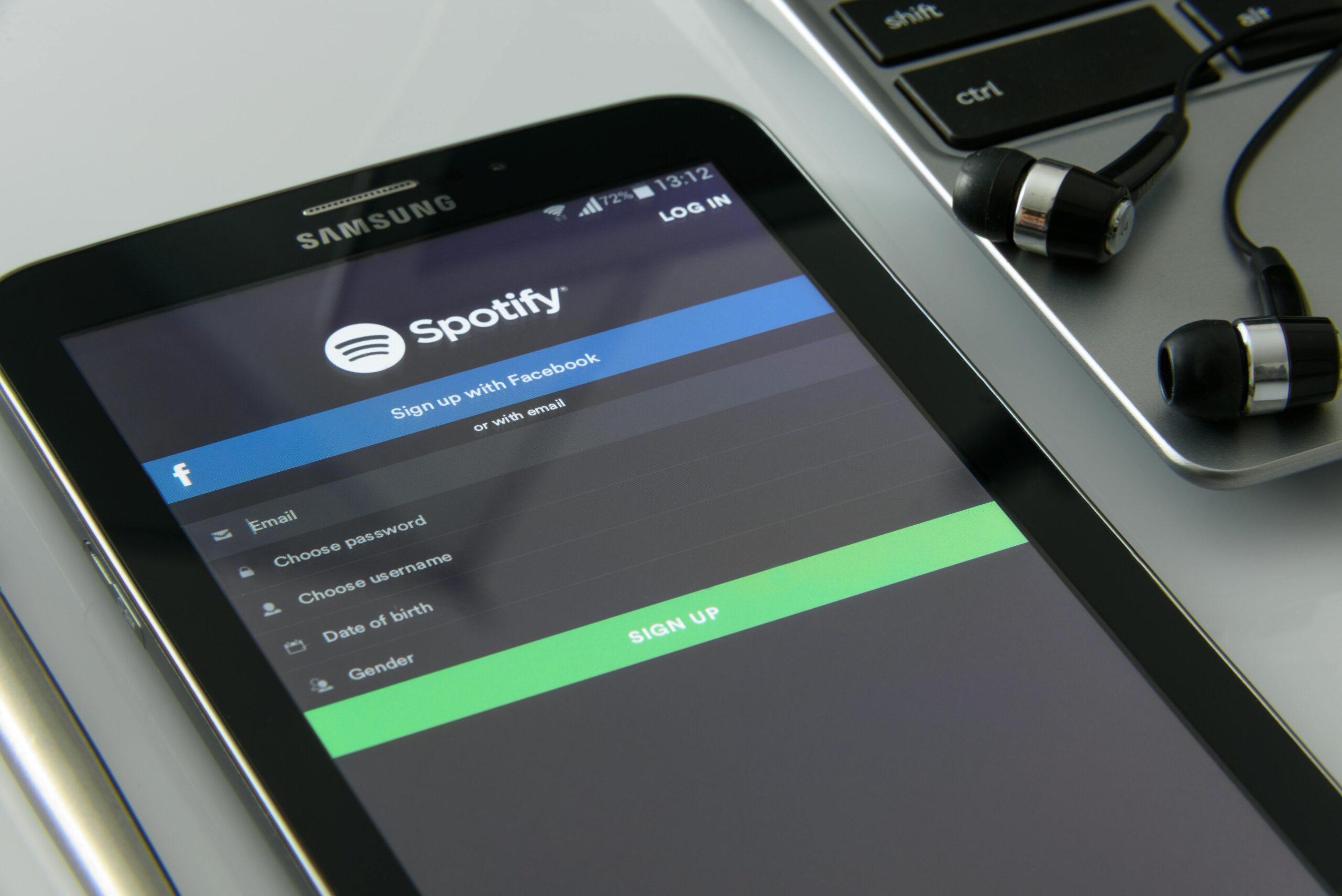The first-ever UK Musicians’ Census, conducted by Help Musicians and the Musicians’ Union (MU), has unveiled stark disparities plaguing the music industry, particularly highlighting the pervasive gender inequity faced by female musicians.
Released today, the comprehensive report sheds light on the harrowing experiences of women in music, unveiling a distressing landscape rife with discrimination, sexual harassment, financial hurdles, and structural barriers hindering career advancement.
With responses from 2,526 UK musicians identifying as women, out of nearly 6,000 participants overall, the census underscores the formidable challenges obstructing the path to sustainable careers for women in music.
Key findings from the report reveal widespread discrimination within the music industry. A staggering 51% of female musicians reported experiencing gender discrimination, compared to a mere 6% of male counterparts, highlighting an alarming eightfold difference. Additionally, there is a prevalent sexual harassment epidemic, with a third of women (33%) disclosing being subjected to sexual harassment while working in the industry, while 25% reported witnessing harassment of others.
Career barriers persist for women in music, with the majority (62%) identifying work-related abuse or harassment as a career impediment, and 60% citing discrimination as a barrier to progression. Despite being trained and educated to a higher level, female musicians earn substantially less than their male counterparts, with an average annual income of £19,850 compared to £21,750 for men. Furthermore, women remain vastly underrepresented in the highest income bracket, comprising only 19% of those earning £70,000 or more annually from music.
The report has sparked widespread concern within the industry, prompting calls for urgent action to address these entrenched inequalities. Joining the chorus of support for reform is Women in CTRL, a movement spearheaded by senior music executive Nadia Khan, dedicated to dismantling barriers and fostering an inclusive environment where talent transcends gender.
As the music community grapples with these revelations, there’s a collective resolve to enact meaningful change and foster an industry where every musician, regardless of gender, can thrive without fear of discrimination or harassment.
The UK Musicians’ Census serves as a pivotal call to action, urging stakeholders across the music landscape to unite in pursuit of a more equitable and inclusive future for all. Together, through concerted efforts and unwavering advocacy, the industry can pave the way for a brighter, fairer tomorrow in music.
For more music industry news, click here.
To start your FREE trial of VELCOA, click here.

